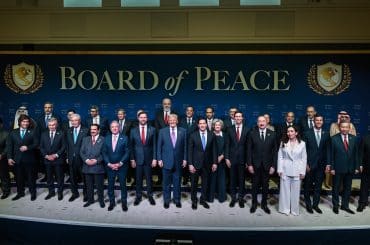William Grimes’ long obit of Tony Judt contains some of the strongest critique of Israel you have ever seen in the NYT. Most of the critique consists in reprinting Judt’s own words, but Grimes also presents fairly the "controversies" Judt has faced (including the ADL’s and AJC’s pressure tactics). Even the obligatory inclusion of Leon Wieselter’s criticism appears petty within the context of Judt’s life. (Hat tip to Rusty Pipes here). Israel is a major theme, starting early:
Tony Robert Judt was born in the East End of London on Jan. 2, 1948, and grew up in Putney. His parents, although secular and apolitical Jews, encouraged him to join the Labor Zionist youth organization Dror as a way to meet friends. He became a fervent convert to the cause, spending several summers working on a kibbutz in Israel and serving as the organization’s national secretary from 1965 to 1967.
“I was the ideal recruit: articulate, committed and uncompromisingly ideologically conformist,” he wrote in an autobiographical sketch for The New York Review of Books in February.
After he passed the entrance examinations to King’s College, Cambridge, he volunteered as an auxiliary with the Israeli Defense Forces during the Six-Day War, acting as an interpreter for other volunteers in the newly conquered Golan Heights. There he lost faith in the Zionist mission and began to see Israel as a malign occupying power whose self-definition as a Jewish state, he later argued, made it “an anachronism.”…
His views on Israel made Mr. Judt an increasingly polarizing figure. He placed himself in the midst of a bitter debate when, in 2003, he outlined a one-state solution to the Israel-Palestinian problem in The New York Review of Books, proposing that Israel accept a future as a secular, bi-national state in which Jews and Arabs enjoyed equal status.
In 2006, a scheduled talk at the Polish Consulate in Manhattan was abruptly canceled for reasons later hotly disputed, but apparently under pressure, explicit or implicit, from the Anti-Defamation League and the American Jewish Committee.
Leon Wieseltier, the literary editor of The New Republic, told The New York Observer at the time that Mr. Judt, on Israel, “has become precisely the kind of intellectual whom his intellectual heroes would have despised.” Mr. Judt’s name had been removed from the masthead of the magazine, where he had been a contributing editor, after his article on the one-state solution.
Mr. Judt expressed some surprise that he should be defined by his position on one issue

